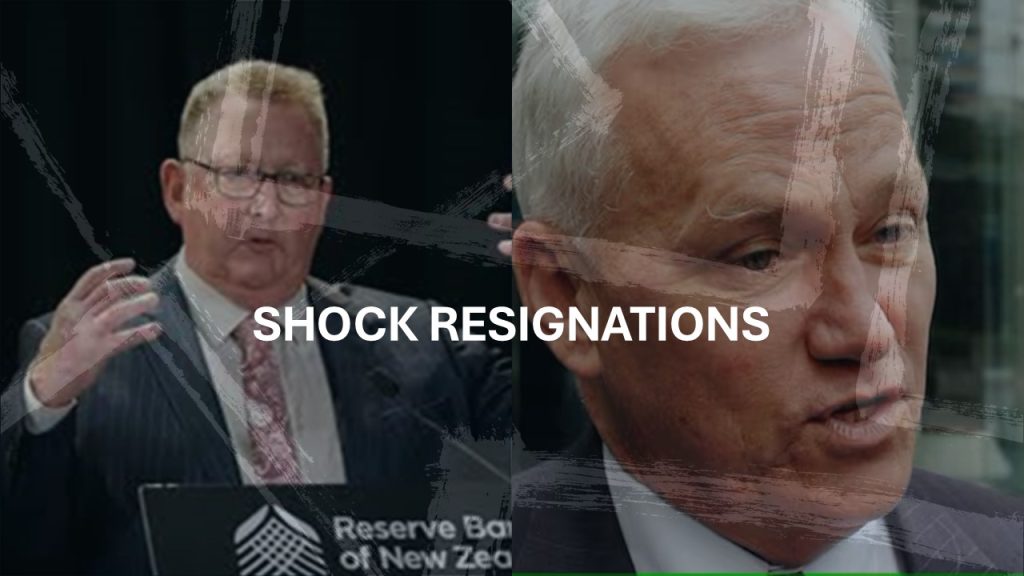by Mike Bain- The Daily Examiner.
The resignations of Richard Prebble from the Waitangi Tribunal and Adrian Orr as Governor of the Reserve Bank have sparked significant discussion in New Zealand, touching on political, economic, and social dimensions.
Both resignations underscore the challenges of leadership in politically and socially sensitive roles.
Prebble’s departure highlights the tensions in interpreting historical agreements like the Treaty of Waitangi, while Orr’s resignation raises questions about the pressures faced by leaders in economic governance. These events also reflect the broader political climate in New Zealand, where debates over identity, governance, and economic policy remain central.
Richard Prebble, a former ACT leader and Labour minister, stepped down from the Waitangi Tribunal after just a few months in the role.
His resignation was rooted in ideological differences with the Tribunal’s interpretation of the Treaty of Waitangi. Prebble criticized the Tribunal for allegedly turning the Treaty into a “socialist manifesto” and for its stance that sovereignty was not ceded by Māori. He argued that this approach perpetuates grievances rather than resolving them.
The impact of his resignation is multifaceted. On one hand, it highlights the ongoing debates about the role and interpretation of the Treaty in New Zealand’s governance.
On the other, it raises questions about the suitability of political appointees to such roles, especially when their views may conflict with the institution’s objectives.
Politically, his resignation has been met with mixed reactions. Te Pāti Māori criticized his appointment from the outset, calling it a “political stunt” and an affront to Māori rights. Meanwhile, the government faces scrutiny over its decision to appoint him in the first place.
Adrian Orr announced his resignation as Governor of the Reserve Bank, effective at the end of March.
Orr, who had served since 2018, did not provide specific reasons for his departure, though it comes four years before the end of his second term. During his tenure, Orr oversaw significant reforms, including the implementation of the Reserve Bank Act and strategies addressing financial inclusion and climate change.
The implications of Orr’s resignation are significant for New Zealand’s economic landscape.
His leadership was marked by efforts to modernize the Reserve Bank and navigate the challenges of the COVID-19 pandemic. His departure introduces uncertainty, particularly as the country grapples with economic recovery and inflation management.
Politically, Finance Minister Nicola Willis acknowledged Orr’s contributions but refrained from speculating on his reasons for stepping down.
These resignations are not just administrative changes; they are moments that invite reflection on the values and priorities shaping New Zealand’s future.









